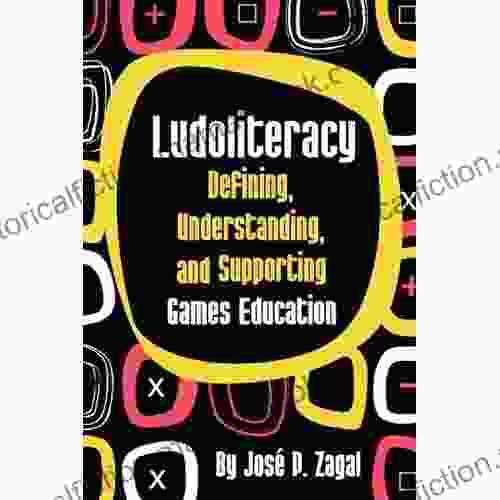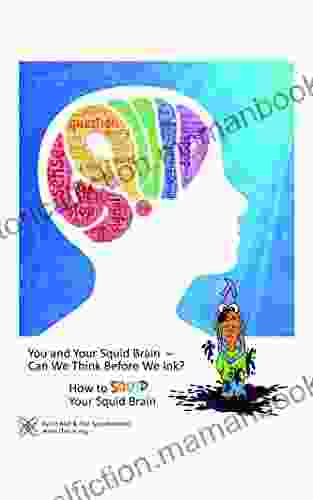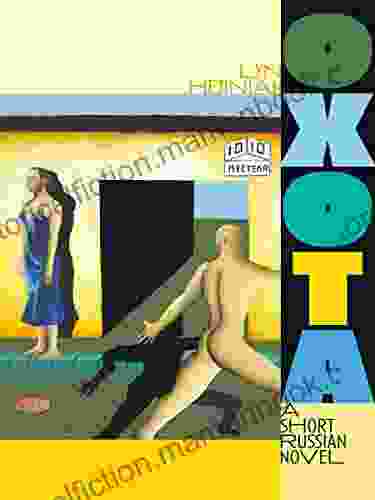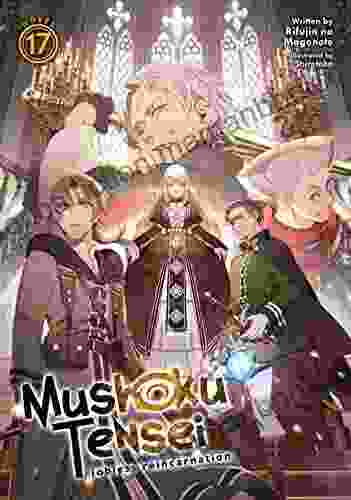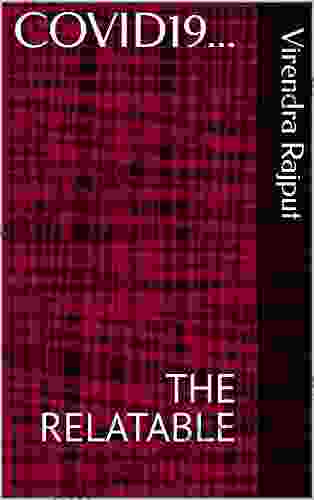Ludoliteracy: Defining, Understanding, and Supporting Games Education

In the 21st century, digital technologies have become ubiquitous in our lives. As a result, there has been a growing interest in the educational potential of games. Games have been shown to be effective in teaching a variety of skills, including:
- Critical thinking
- Problem-solving
- Creativity
- Collaboration
- Social-emotional learning
Despite the growing evidence of the benefits of games for learning, there is still a lack of understanding about how to use games effectively in educational settings. This article provides a definition of ludoliteracy, a framework for understanding games education, and some practical tips for supporting games education.
Ludoliteracy is the ability to understand and engage with games. It is a complex skill that involves a variety of different cognitive and social-emotional skills, including:
4.5 out of 5
| Language | : | English |
| File size | : | 432 KB |
| Text-to-Speech | : | Enabled |
| Enhanced typesetting | : | Enabled |
| Word Wise | : | Enabled |
| Print length | : | 164 pages |
| Lending | : | Enabled |
| Screen Reader | : | Supported |
- Cognitive skills: These include the ability to understand the rules of a game, to develop strategies for playing the game, and to make decisions about how to play the game.
- Social-emotional skills: These include the ability to communicate with other players, to cooperate with others, and to resolve conflicts.
Ludoliteracy is a valuable skill that can be used in a variety of settings, including:
- Education: Games can be used to teach a variety of subjects, including math, science, history, and language arts.
- Work: Games can be used to train employees on new skills, to solve problems, and to make decisions.
- Social activities: Games can be used to build relationships, to socialize, and to have fun.
There are a number of different ways to approach games education. One useful framework is the "four pillars of games education" developed by the Joan Ganz Cooney Center at Sesame Workshop. The four pillars are:
- Gameplay: This is the core of games education. Students learn by playing games and engaging with the game mechanics.
- Game design: This involves students in designing and creating their own games. This can help them to develop their creativity, problem-solving skills, and technical skills.
- Game culture: This involves students in learning about the history, culture, and social impact of games. This can help them to become more critical consumers of games and to understand the role that games play in our society.
- Game literacy: This involves students in developing the skills necessary to understand and engage with games. This includes learning how to read and write about games, how to analyze games, and how to use games for learning.
There are a number of things that educators can do to support games education. These include:
- Providing students with access to games: This can be done through a variety of means, such as purchasing games for the classroom, setting up a game club, or partnering with a local game store.
- Creating opportunities for students to play games: This can be done through assigning game-based projects, setting up game-based learning stations, or incorporating games into lesson plans.
- Training teachers on how to use games in the classroom: This can be done through professional development workshops, online courses, or peer mentoring.
- Evaluating the effectiveness of games education: This is important to ensure that games are being used effectively to improve student learning.
Games are a powerful tool that can be used to teach a variety of skills and knowledge. By understanding ludoliteracy and by using a framework for games education, educators can support students in developing the skills they need to succeed in the 21st century.
- Joan Ganz Cooney Center at Sesame Workshop
- Games for Change
- National Education Association
- International Society for Technology in Education
4.5 out of 5
| Language | : | English |
| File size | : | 432 KB |
| Text-to-Speech | : | Enabled |
| Enhanced typesetting | : | Enabled |
| Word Wise | : | Enabled |
| Print length | : | 164 pages |
| Lending | : | Enabled |
| Screen Reader | : | Supported |
Do you want to contribute by writing guest posts on this blog?
Please contact us and send us a resume of previous articles that you have written.
 Top Book
Top Book Novel
Novel Fiction
Fiction Nonfiction
Nonfiction Literature
Literature Paperback
Paperback Hardcover
Hardcover E-book
E-book Audiobook
Audiobook Bestseller
Bestseller Classic
Classic Mystery
Mystery Thriller
Thriller Romance
Romance Fantasy
Fantasy Science Fiction
Science Fiction Biography
Biography Memoir
Memoir Autobiography
Autobiography Poetry
Poetry Drama
Drama Historical Fiction
Historical Fiction Self-help
Self-help Young Adult
Young Adult Childrens Books
Childrens Books Graphic Novel
Graphic Novel Anthology
Anthology Series
Series Encyclopedia
Encyclopedia Reference
Reference Guidebook
Guidebook Textbook
Textbook Workbook
Workbook Journal
Journal Diary
Diary Manuscript
Manuscript Folio
Folio Pulp Fiction
Pulp Fiction Short Stories
Short Stories Fairy Tales
Fairy Tales Fables
Fables Mythology
Mythology Philosophy
Philosophy Religion
Religion Spirituality
Spirituality Essays
Essays Critique
Critique Commentary
Commentary Glossary
Glossary Bibliography
Bibliography Index
Index Table of Contents
Table of Contents Preface
Preface Introduction
Introduction Foreword
Foreword Afterword
Afterword Appendices
Appendices Annotations
Annotations Footnotes
Footnotes Epilogue
Epilogue Prologue
Prologue Piper Lawson
Piper Lawson Maurice Betz
Maurice Betz Joan Jackson
Joan Jackson Rosanna Casper
Rosanna Casper Erik Pihel
Erik Pihel Lori Ann Larocco
Lori Ann Larocco Amy Butler Greenfield
Amy Butler Greenfield Brad Berger
Brad Berger Evelyn Ryan
Evelyn Ryan Mel Bond
Mel Bond Johann Wolfgang Von Goethe
Johann Wolfgang Von Goethe Catalina Dubois
Catalina Dubois Ann Bennett
Ann Bennett Ransom Riggs
Ransom Riggs John M Barry
John M Barry Frederick Moehn
Frederick Moehn Fran Garmo
Fran Garmo Eugenio Florit
Eugenio Florit Eileen Garvin
Eileen Garvin Lena Sledge
Lena Sledge
Light bulbAdvertise smarter! Our strategic ad space ensures maximum exposure. Reserve your spot today!

 Salman RushdiePrescriptions for the Heart, Mind, and Soul: A Transformative Guide to Inner...
Salman RushdiePrescriptions for the Heart, Mind, and Soul: A Transformative Guide to Inner... Louis HayesFollow ·6.8k
Louis HayesFollow ·6.8k Samuel BeckettFollow ·8.7k
Samuel BeckettFollow ·8.7k Timothy WardFollow ·18k
Timothy WardFollow ·18k Craig BlairFollow ·4.4k
Craig BlairFollow ·4.4k Samuel Taylor ColeridgeFollow ·7.6k
Samuel Taylor ColeridgeFollow ·7.6k Julio Ramón RibeyroFollow ·16.5k
Julio Ramón RibeyroFollow ·16.5k Leon FosterFollow ·17.7k
Leon FosterFollow ·17.7k Ralph TurnerFollow ·13.8k
Ralph TurnerFollow ·13.8k

 Allen Ginsberg
Allen GinsbergUnlocking Financial Peace with Low Risk Investing: A...
In the world of investing, it is often said...
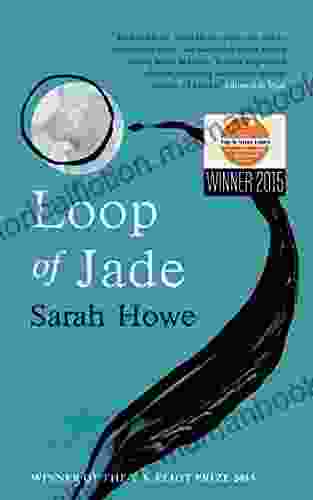
 Eddie Powell
Eddie PowellLoop of Jade: An Exploration of Grief, Memory, and the...
Sarah Howe's...

 Zachary Cox
Zachary CoxHealth Benefits in Retirement: Navigating the Maze of...
Retirement...
4.5 out of 5
| Language | : | English |
| File size | : | 432 KB |
| Text-to-Speech | : | Enabled |
| Enhanced typesetting | : | Enabled |
| Word Wise | : | Enabled |
| Print length | : | 164 pages |
| Lending | : | Enabled |
| Screen Reader | : | Supported |


